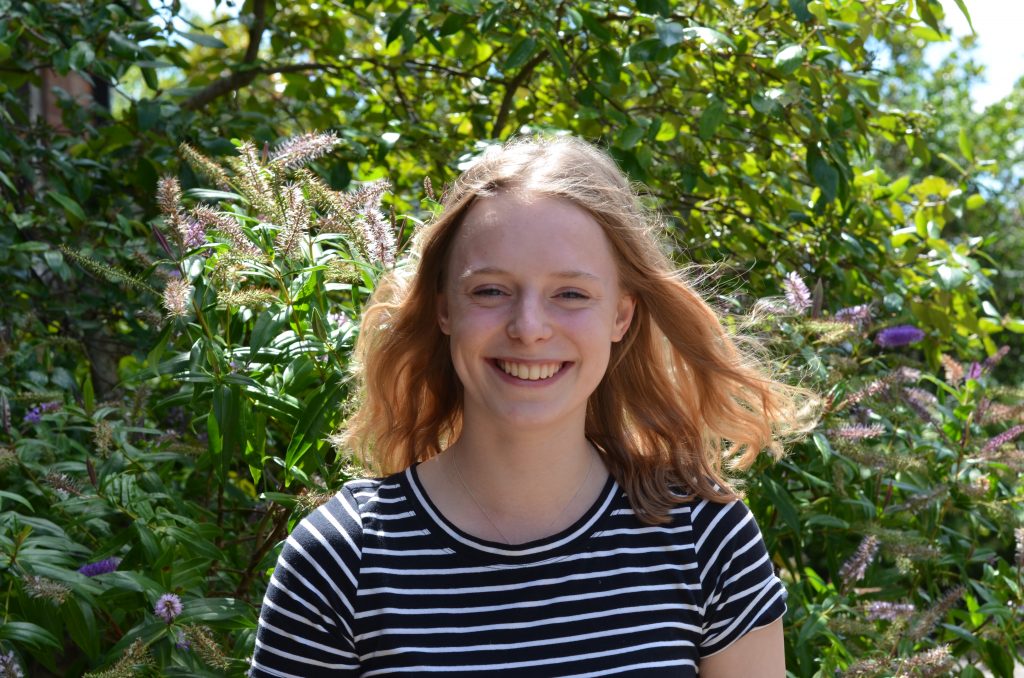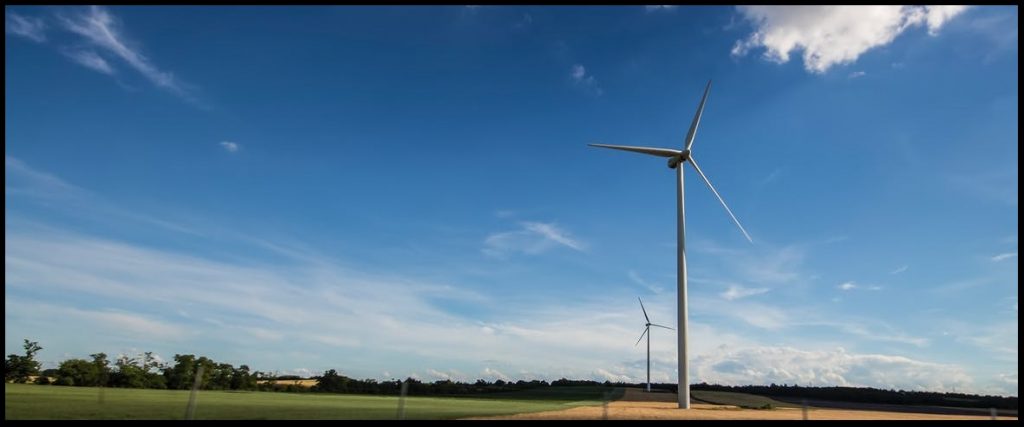Name of Student: Tara Chaussalet
Degree Subject: Flexible Combined Honours w Study & Work Abroad
Job Title: Carbon Offset Project Development Intern
Company Name: Ambios Ltd
Type of Internship: Access to Internships (A2I)
Description of Company: Ambios Ltd provides nature conservation training in UK and EU via traineeships and volunteering opportunities. Our Mission is to ‘provide inspirational education, practical action, science and technology training and volunteering opportunities in nature conservation in the UK and abroad.’ We help people achieve their goals for nature, science, education and employment.
- What were your key duties and responsibilities during your internship?
It was mainly a research based internship, with two main focuses: looking at the potential for tree planting at Lower Sharpham Farm to offset carbon emissions and finding alternative travel options to flying to the programme in Portugal.
- What outputs and outcomes did you deliver for your employer?
-Research on the options for tree planting schemes at the farm.
-Figures on the carbon sequestration rates for tree planting
-Research into alternative transport methods for the journey from Totnes to Coruche in Portugal
-Present figures on the emissions
- What was your biggest achievement on your internship?
Finding data on the emissions values of different transportation methods from Devon to Portugal and also data on the carbon sequestration potential of tree planting. I carried out internet searches on the potential options and finally found documents which enabled me to work out the values. As a result, I demonstrated to Ambios how harmful flying is and they are now looking at changing the business model to less harmful methods of travel or looking at generally less movement- perhaps focusing the work of the projects to the UK rather than abroad. Also they are looking at planting trees because I presented the positive benefits of this apart from just offsetting- air quality, water quality, biodiversity, mental health etc.
- What did not go so well on your internship? How did you overcome any challenges?
It was very challenging and carbon offsetting is a very complicated issue- something which I was not aware of before I started the internship. There was a huge lack of data for both sections of the internship which meant that it was difficult to locate documents I needed to find the information to present to Ambios.
- Skills Learnt
- Networking
- Communication
- Ability to work under pressure
- Decision making
- Information technology
- Attributes Developed
- Confidence
- Personal awareness
- Logical thinking
- Perseverance
- Professionalism
- Your message to other students considering a similar job role, organisation or sector?
“My internship was very challenging but extremely rewarding. I am able to see results of the research that I carried out and the figures that I calculated and presented on greenhouse gas emissions and carbon sequestration potential of trees. It was amazing to see that Ambios has taken on board suggestions that I made, from little things in waste management such as baking rather than buying biscuits in packaging to looking at changing the business model from movement to Europe by flying to more local projects or at least ones which involve less travelling and emissions as a consequence.”
- Employer Quote
“Tara is a very capable individual who has produced quality results and in so doing challenged our thinking about our organisational carbon impact. She has now completed her time with us and it has been excellent. Very valuable.” – Director, Ambios Ltd










